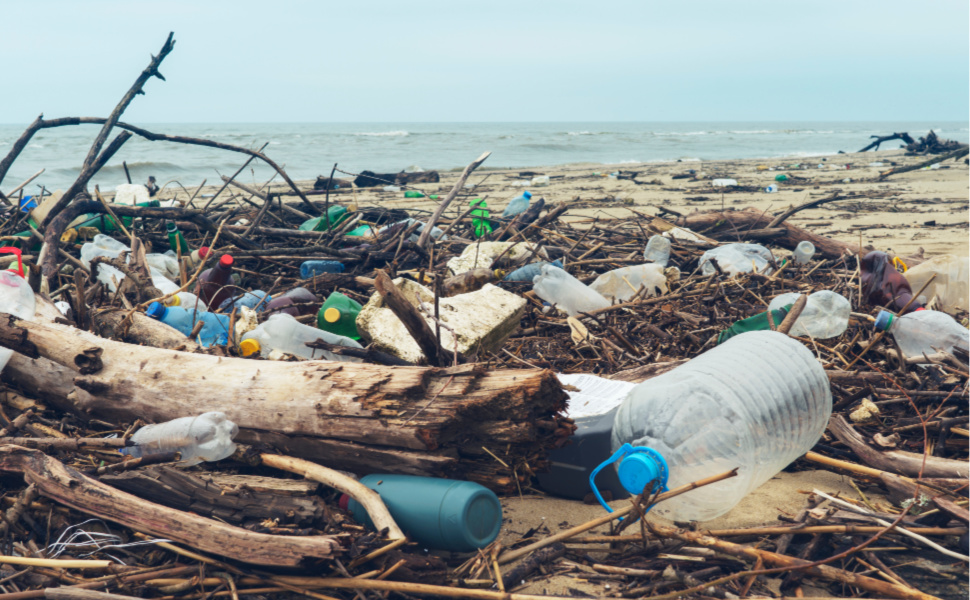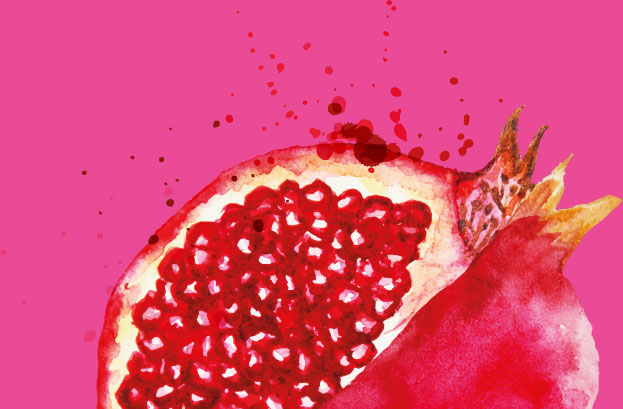- Published by Emily Court
- May 24, 2019
Three major grocery chains move to cut plastic
Multiple major grocery chains are currently making moves to cut their plastic output, changes that will impact the US, the UK and Canada.
No, Brenda, that’s not in order of importance.
Companies moving in the eco-friendly direction include the US’s largest grocery chain Kroger, UK chain Morrisons, and — drumroll, please — Whole Foods, which has locations in the UK, Canada, and the US. Surely we all saw that last one coming, though.
Kroger has announced that its plastic-reduction plan will begin with Seattle chain QFC, which will stop offering plastic bags as of April 1, as part of the parent company’s plans to eliminate them entirely by 2025. Within that timeframe, the changes will hit 2,779 stores in the Kroger family, which reportedly go through around six million bags a year.
In the UK, Morrisons aims to eliminate 9,000 tons of unnecessary plastic waste per year. A new fruit and vegetable aisle set-up will allow consumers to select their purchases and pack them into paper bags or buy them loose, as opposed to wrapped in plastic. The chain will also be reducing plastic packaging from branded food and drink products.
Meanwhile, international chain Whole Foods is set to make multiple changes to its stores across the UK, US and Canada. While plastic straws will be a thing of the past as of July, the chain also has plans to reduce meat- and produce-packaging. Through these changes, it estimates that it will cut 800,000 pounds of plastic waste each year.

Plastic pollution
Plastic is a significant contributor to global pollution and threat to the environment, particularly our oceans and marine life. That said, you might be surprised to hear that, while they are on-trend environmental concerns, products like straws, bags and other packaging make up a small portion the waste in question.
It is, in fact, waste related to fishing and other marine industries that accounts for the bulk of ocean pollution. While this is demonstrated around the world, for example in the shocking number of whale deaths caused by gear entanglement, statistics surrounding the Great Pacific Garbage Patch really hammer the point home.
An unplanned monument to environmental devastation, this thing is exactly what it sounds like — a floating pile made up of 42,000 metric tons of plastic trash, most of which is made up of nets, ropes, and other fishing gear, in the Pacific Ocean between California and Hawaii. It’s so massive, it covers a surface area twice the size of Texas.
So, while food packaging remains a pertinent concern, and the reduction of it is surely welcome news to any environmentalist, it appears we may have bigger fish to… take a pass on frying.
Header image: Emilija Miljkovic/Shutterstock.com
Body image: Larina Marina/Shutterstock.com
Do you wish to transition to a vegan lifestyle in a safe and supportive environment?
Join V-TRIBE today.Keep Informed
Join our mailing list to receive the free monthly Living Vegan newsletter, as well as two professional Dietitian Resources.

Other articles you might like
Our Purpose
Co-founded by Accredited Professional Nutritionist and Dietitian Yvonne O’Halloran, LivingVegan.com aims to provide a safe, informative space for anyone wishing to transition to and thrive on a vegan lifestyle. Aside from the proven health benefits, a whole-food plant-based diet has massive positive impacts for the environment and all the creatures we share our planet with. Our goal is to bring you news and resources that will dispel the myths associated with veganism and make the change second nature.
For Health, For Earth, For Compassion…

This section may contain some confronting imagery of cruelty. Cancel, if you don’t wish to view.



